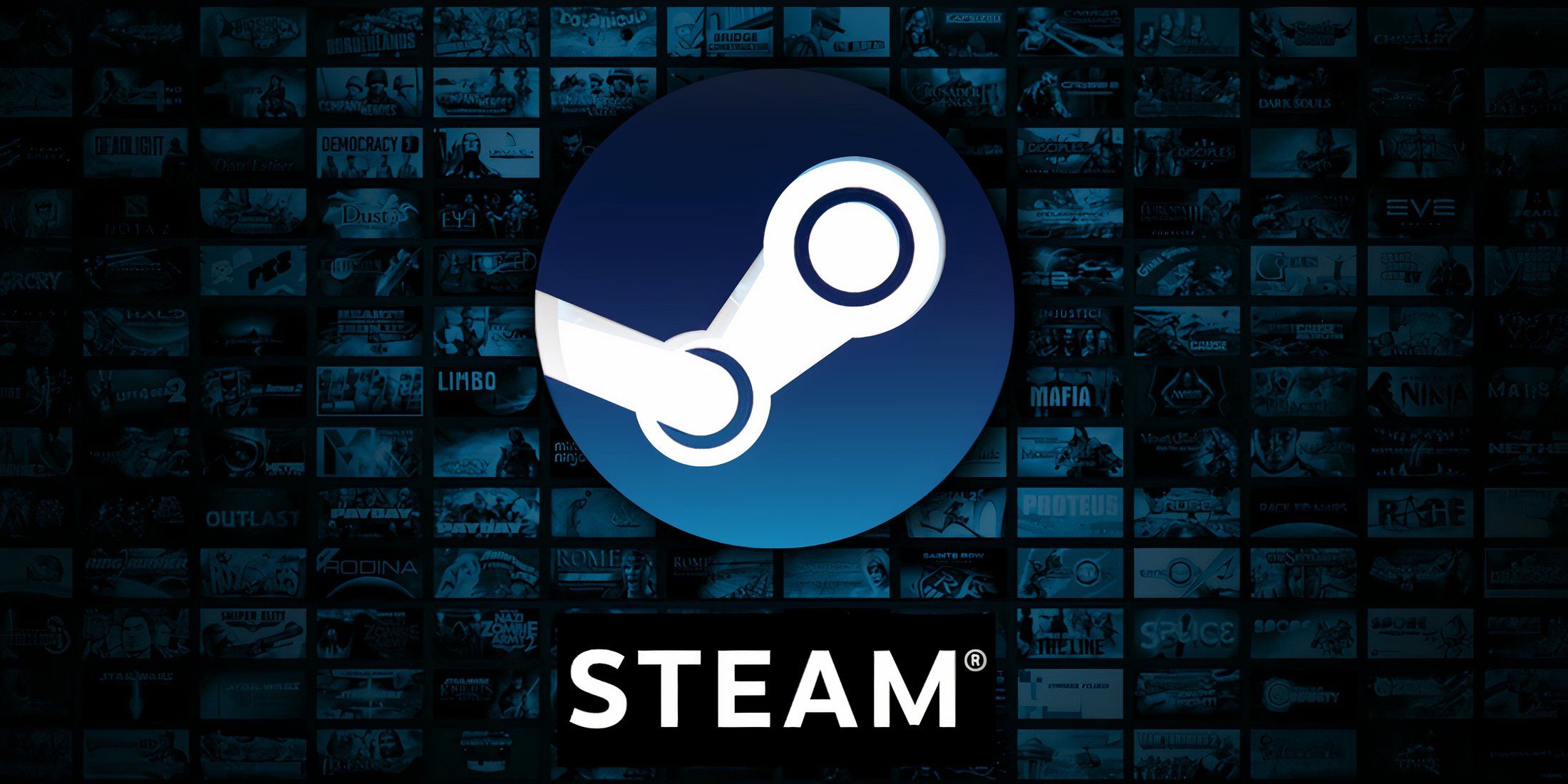What Happens to Your Digital Games When You Die?
As technology continues to advance, the issue of what happens to your digital assets after you pass away becomes more prevalent. One area of concern for many gamers is the fate of their extensive library of digital games, particularly those purchased through platforms like Steam.
When a Steam user, delete12345, inquired about whether they could include their Steam library in their will, they were met with a disappointing response from customer support. Despite technically being able to pass along login information, the games themselves are not transferable to another individual. This is due to the fact that digital games are not owned by the user, but rather licensed digital assets, as stated in the Steam user agreement.
This issue is not exclusive to video games, as highlighted by legal experts discussing similar cases involving other digital assets like music libraries on platforms such as iTunes. The underlying problem lies in the licensing agreements users agree to when purchasing digital content, which often restricts the transfer of ownership.
While some legal precedent exists for transferring digital content located on physical devices like laptops, the status of games accessed through online platforms remains unclear. Despite these legal complexities, experts advise including detailed instructions in your will regarding your digital assets to provide guidance to your family and potentially challenge service providers.
As the digital landscape continues to evolve, the preservation of video games faces new challenges, with access to digital-only games controlled by publishers. This ongoing issue underscores the importance of considering the fate of your digital assets as part of your estate planning.
The Legalities of Inheriting Digital Games
The question of inheriting digital assets, particularly video games, has sparked legal debates and discussions among experts in estate planning. With the rise of digital storefronts like Steam, the issue of transferring ownership of licensed digital games has become a point of contention for users.
Despite the common misconception that users own the games in their digital libraries, the reality is that these games are licensed, not sold, according to the terms of service of platforms like Steam. This distinction poses challenges for individuals looking to include their digital games in their wills, as the transfer of ownership is often restricted by licensing agreements.
Legal scholars have explored potential avenues for transferring digital content to heirs, such as including devices like laptops loaded with games in a will. While physical devices may be passed on, the status of the digital content itself remains uncertain, raising concerns about access and ownership rights.
In light of these legal complexities, experts advise users to clearly outline their wishes regarding digital assets in their estate planning documents. By specifying their intentions, individuals can provide their families with guidance and potentially challenge restrictive licensing agreements that limit the transfer of digital games.
As the debate over the inheritance of digital assets continues, the preservation of video games in an increasingly digital world remains a pressing issue for users and legal experts alike.
Challenges of Video Game Preservation in the Digital Age
The preservation of video games in the digital age presents unique challenges for users and preservationists alike. With the shift towards online and digital-only games, access to these titles is largely controlled by publishers, raising concerns about long-term preservation.
Platforms like Steam, which offer a vast library of digital games, have strict policies regarding the transfer of ownership of these games. While users may technically pass along login information, the games themselves are not transferable due to their status as licensed digital assets.
Legal experts have highlighted the importance of including detailed instructions in estate planning documents regarding digital assets like video games. By clearly outlining their wishes, individuals can provide their families with guidance on how to handle their digital libraries and potentially challenge restrictive licensing agreements.
As the debate over the inheritance of digital games continues, the issue of video game preservation in an increasingly digital world remains a topic of concern for users and preservationists. With access to games controlled by publishers, the future of video game preservation faces uncertainty as technology continues to evolve.





